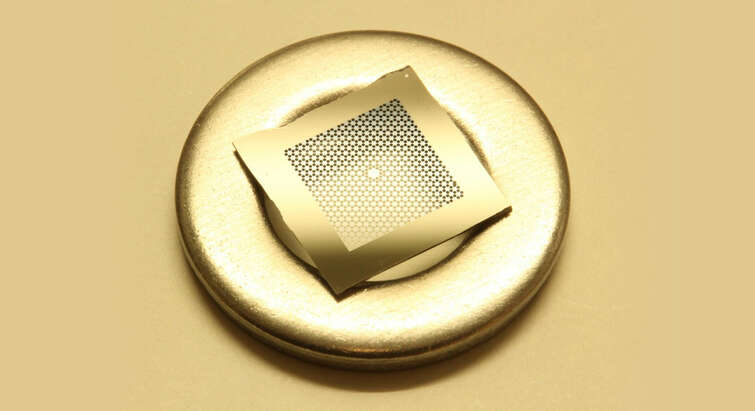
News about Science
Viser 2089 til 2112 af 3168 dokumenter.


Can we become more climate-friendly with the help of our personality traits?
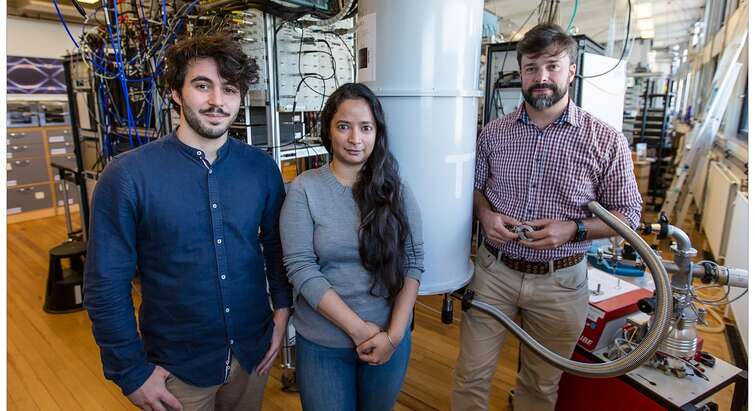
Innovative chip built by UCPH physicists resolves quantum headache

Innovative chip built by UCPH physicists resolves quantum headache

Kick-start of a new generation of climate scientists

New QMATH Publication in Nature Physics
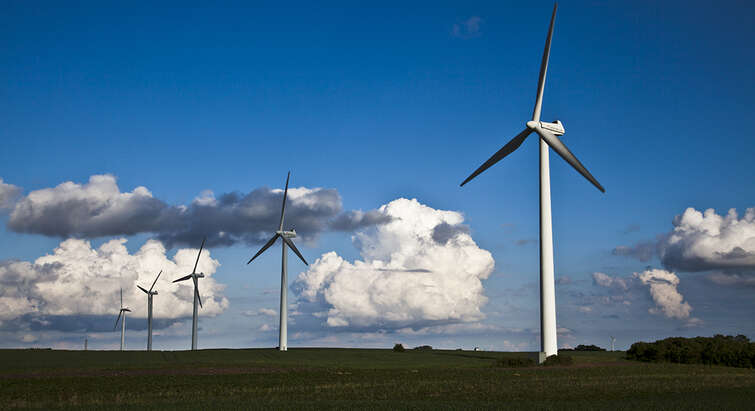
The green transition starts in your municipality
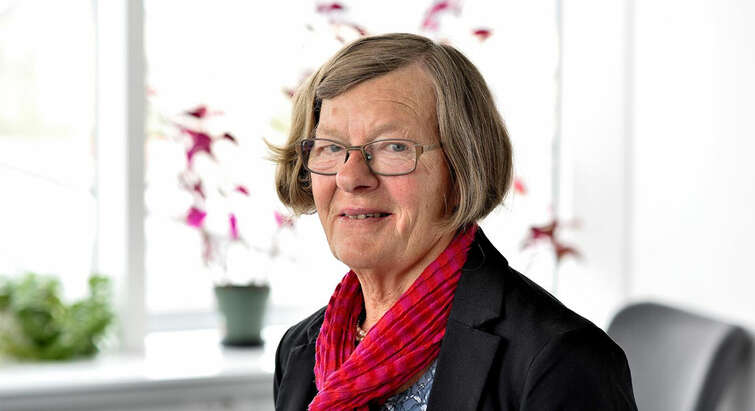
Birgitta Nordström receives the KIF Lifetime Achievement Award

New project maps illegal mining and global environmental crime

Georgios Garidis

Laurits Høgel

Marcus Melhedegaard Thomsen

Sif Kristine Fugger

Jo Verwohlt Damm

Robots can improve agriculture, but old laws stand in the way
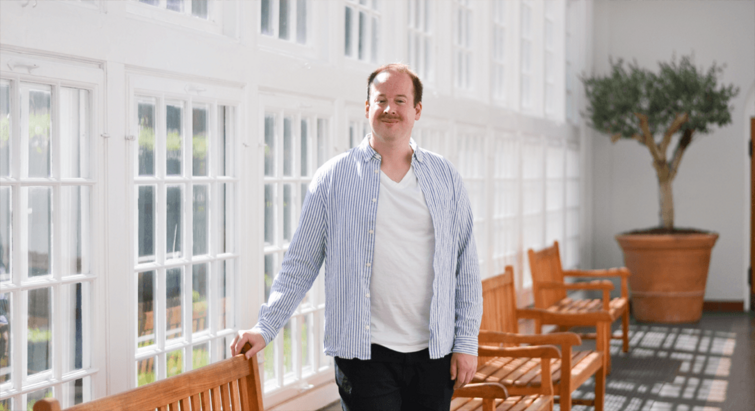
Economics of climate change: One per cent makes a world of difference

Haider Fadil Ali Hussein Al-Saadi

Reported record-distant explosion turns out to be probably just a piece of space junk

Arianne Brooks

Depopulating healthy university animals

Malte Algren

Sampo Saarinen

Farmers' share of food prices has fallen

